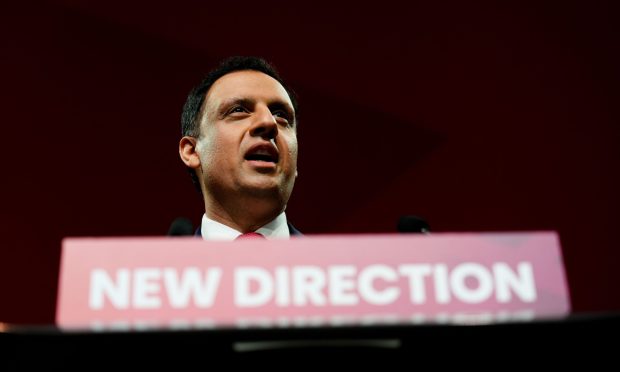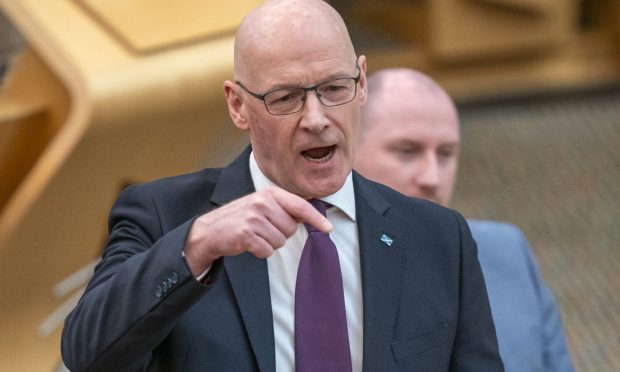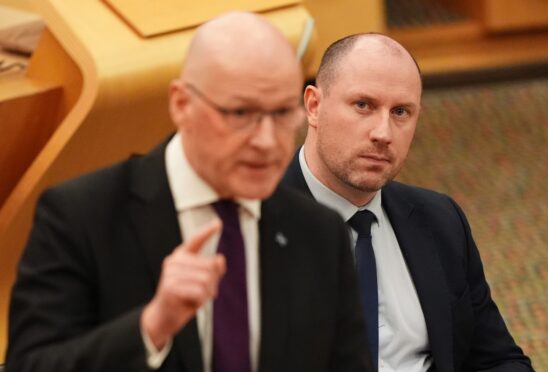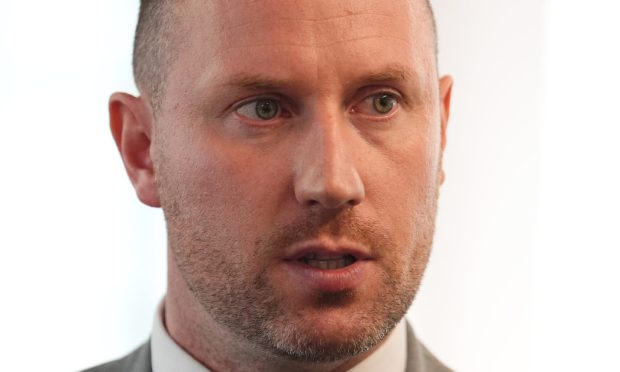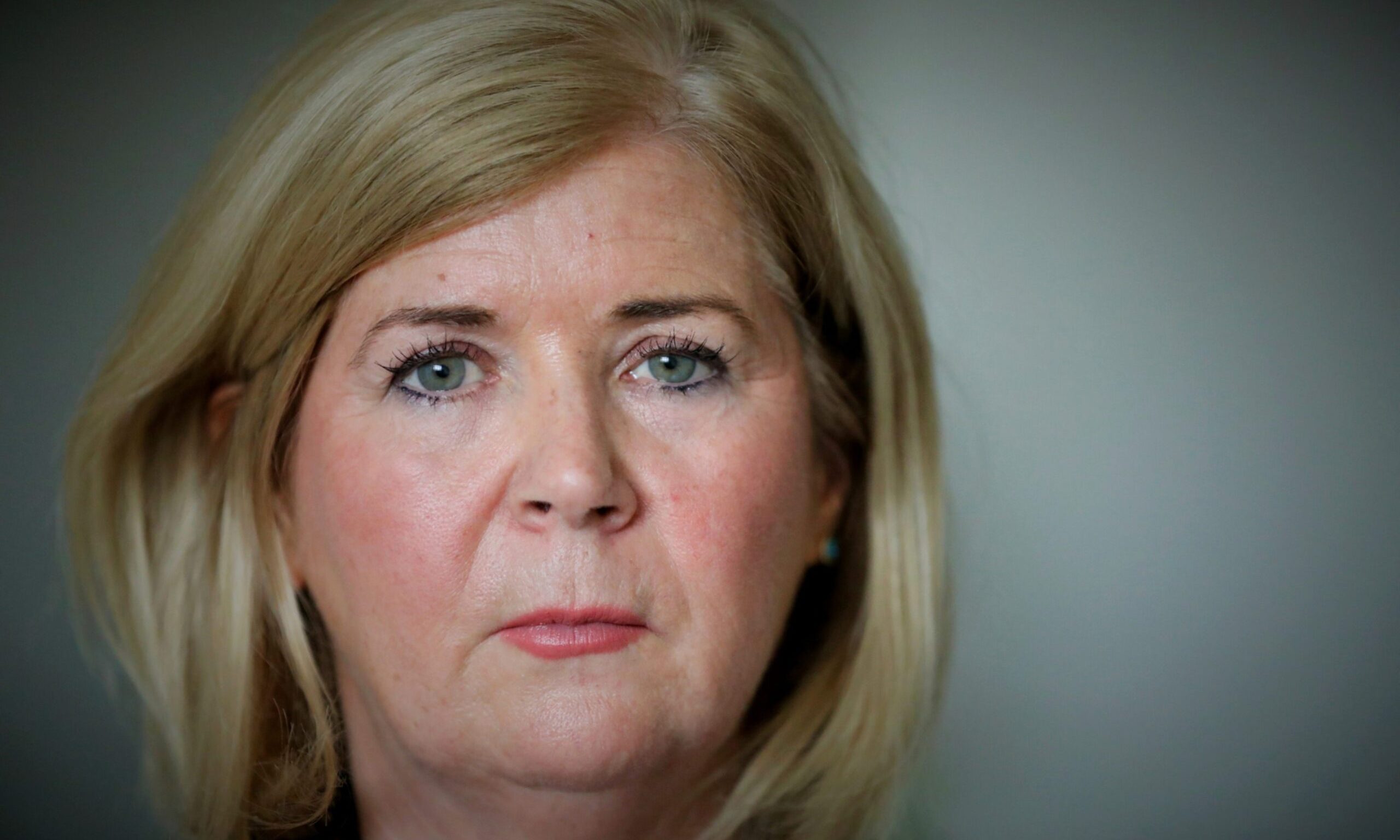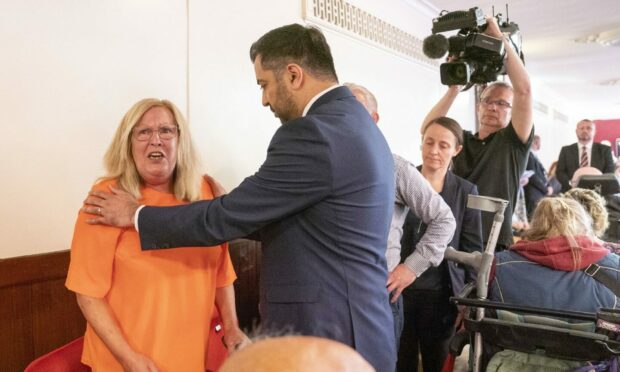A constitutional crisis looms after a majority of MSPs warned they would reject a key piece of Brexit legislation.
Holyrood is poised to deny its consent for the Repeal Bill, which was published on Thursday and must make it onto the statute books in some form if the UK is to leave the EU.
Nicola Sturgeon revealed the SNP cannot support the bill as it stands, a stance supported by the Scottish Greens.
The Repeal Bill – formally known as The European Union (Withdrawal) Bill – is designed to transpose EU law into British law so the same rules apply on the day of Brexit as the day before.
Together the pro-independence parties form a majority in the Scottish Parliament, which will have its chance to reject the bill through a legislative consent motion.
Although the vote is not legally binding and could be ignored by Westminster, that scenario is unprecedented in Scotland and could leave the UK constitution in disarray.
In a joint statement with the Welsh First Minister Carwyn Jones, Ms Sturgeon described the bill as a “naked power-grab” from Holyrood and “an attack on the founding principles of devolution and could destabilise our economies”.
They said the bill fails to return powers from the EU to devolved administrations “as promised”.
“It returns them solely to the UK Government and Parliament, and imposes new restrictions on the Scottish Parliament and National Assembly for Wales,” the statement said.
“On that basis, the Scottish and Welsh governments cannot recommend that legislative consent is given to the bill as it currently stands.”
Ross Greer, for the Scottish Greens, followed suit, saying their MSPs would “not vote to give legislative consent to such a bill when approval is sought by Westminster”.
He said the Tories are pursuing a “massive power grab that will allow ministers to change huge swathes of legislation without proper scrutiny or consent”.
Scottish Labour said they will not support the Repeal Bill unless there is a “clear presumption of devolution”.
Leader Kezia Dugdale said: “Labour will seek a clear and binding commitment to repatriate powers in devolved areas to the Scottish Parliament.
“We will insist this must be done in a short, but achievable timeframe.”
The LCM process has seen Holyrood deny their consent previously over the Welfare Reform Bill, but the two parliaments were able to come to a compromise.
The administrations on either side of the border have never previously failed to come to an agreement over an LCM. Several are likely to be required through Brexit.
Scottish Secretary David Mundell said if consent is not forthcoming, “there would have to be an explanation to people in Scotland as to why the SNP oppose the bringing into Scots law of European law and why they oppose the Scottish Parliament having additional powers and responsibilities”.
Earlier, Ms Sturgeon met with the EU’s chief negotiator Michel Barnier in Brussels in a 45-minute one-to-one.
She said: “This was a useful and constructive meeting and I welcomed the opportunity to discuss Scotland’s priorities with Mr Barnier – in particular our view that the UK should seek to remain in the single market.”
Mr Barnier, who also met with Jeremy Corbyn and Mr Jones, described the sit-downs as “good”. He added: “My door is open, listen to all #Brexit views; next week negotiations with UK gov.”
‘Bonanza’
Brexit will be a “power bonanza” for Holyrood, the Scottish Secretary has promised.
But the SNP said the Repeal Bill confirms Tory plans for a “Westminster power grab”.
David Mundell, the Scottish Secretary, used a press briefing to try and fend off claims that the UK Government would try to hold on to devolved powers when they are repatriated from Brussels.
He told reporters: “This is not a power grab, it is a power bonanza for the Scottish Parliament because after this bill has been implemented the Scottish Parliament will have more powers and responsibilities than it has today.
“I am happy to be held to account for that statement once the process has been delivered.
“Needless to say there will be a process row with the Scottish Government because the Scottish Government does process row. That is their speciality.”
Mr Mundell said regulatory frameworks over things like agriculture and fisheries may have to be operated on a UK-level level “to allow the continued operation” of the UK’s internal single market.
He also conceded some powers would be retained at Westminster for a transition period before being assumed by the devolved administrations.
The Conservative MP said the powers to return to Holyrood are likely to include those relating to the environment, criminal justice, consumer rights and energy, but he could not be more specific.
An SNP amendment to the bill says it cannot support it as it stands because there is “no commitment to the transfer of devolved competencies coming back from the European Union to the devolved administrations”.
Ian Blackford, the SNP’s leader in Westminster, said: “Mr Mundell’s description of the bill as a powers ‘bonanza’ is quite frankly ludicrous. This is a Westminster power grab laid bare, and his attempts to defend the indefensible do him no credit.
“All of us – whether we voted Leave or Remain – want Brexit to be a success – and that is why the SNP will continue to push for the Bill to be amended to ensure it properly accounts for Scotland’s distinct interests as the UK leaves the EU.”




